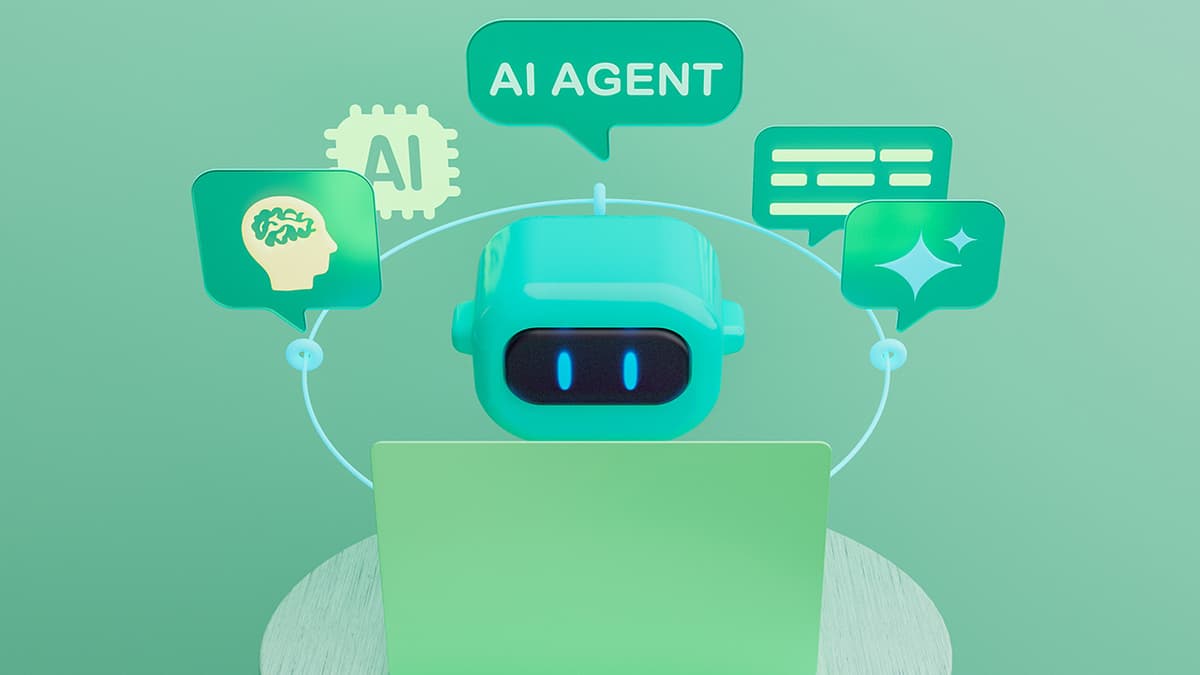H1B Nonimmigrant Visa
The H1B visa is a significant topic in discussions about work and opportunity in the United States. Many international students and professionals look to it for career advancement. What is the H1B visa?
The H1B is a nonimmigrant visa that allows U.S. companies to employ foreign workers in specialty occupations. These jobs usually require a high level of expertise, often necessitating a higher education degree or its equivalent. Common fields for these occupations include IT, finance, engineering, and architecture.
The H1B Journey: From Application to Approval
What does the process of obtaining an H1B visa entail? It involves three main parties: the foreign worker, a U.S. employer willing to sponsor the visa, and governmental bodies overseeing immigration.
-
Finding a Sponsor: The process starts with a U.S. employer who needs specialized talent. The employer must agree to be the sponsor for the H1B visa.
-
The Application Process: After securing a sponsor, the next step is completing the necessary paperwork. This includes Labor Condition Applications, Petition for a Nonimmigrant Worker forms, and various supporting documents.
-
The Lottery System: There is an annual cap on the number of H1B visas issued, typically around 85,000. The U.S. government uses a lottery system to allocate the visas, creating uncertainty for many applicants and sponsors.
-
Approval and Visa Stamping: If the application is approved, the foreign worker must then attend an interview at a U.S. embassy or consulate in their home country to obtain the H1B visa stamp in their passport.
The Life of an H1B Worker
What is life like for an H1B worker? The visa is generally valid for three years and can be extended for an additional three years, totaling six years. The visa is employer-specific, which can add a layer of job security challenges compared to U.S. citizens or permanent residents.
Working on an H1B visa can be both exciting and demanding. Workers may feel pressure to excel, knowing that their employment is crucial for their stay in the U.S. Yet, it also offers access to opportunities in leading companies and positions.
Big Names and H1B Visas
Which companies are the largest sponsors of H1B visas? Some well-known organizations are significant employers of H1B workers. These companies argue that attracting global talent is essential for driving innovation.
The Debate Around H1B Visas
What are the criticisms surrounding the H1B visa program? Some believe it may displace local workers or depress wages by introducing foreign labor. Supporters argue that the program addresses critical talent shortages and enhances U.S. competitiveness.
Regulations governing the H1B program frequently change, reflecting ongoing debates about immigration's role in the workforce. Each administration has the ability to adjust rules, impacting the criteria and enforcement.
The H1B visa represents a crucial link in the global economy, connecting the ambitions of foreign professionals with the needs of U.S. employers. Its complex application process highlights its importance and the aspirations of many individuals. The journey of the H1B visa is filled with both opportunities and challenges, contributing to important conversations about immigration and employment.












